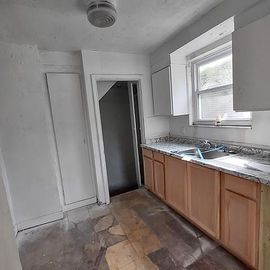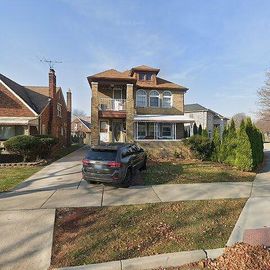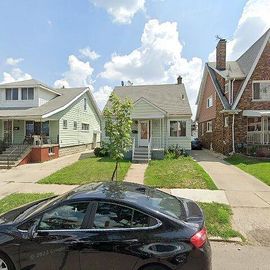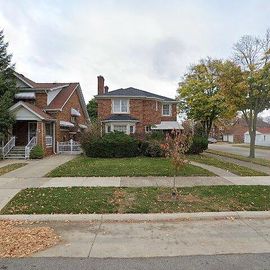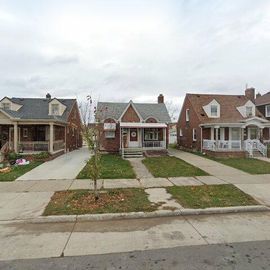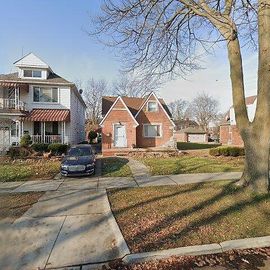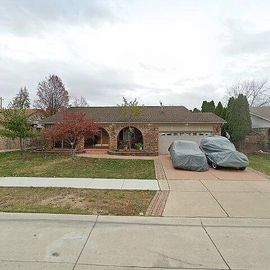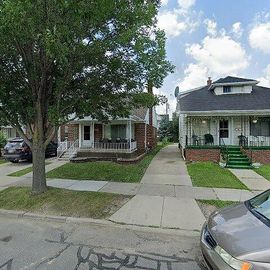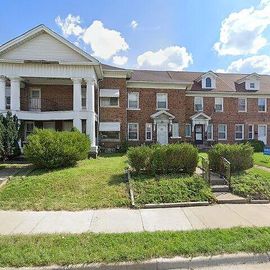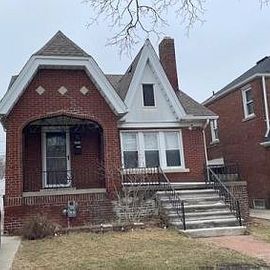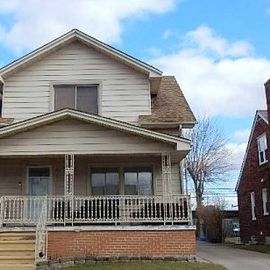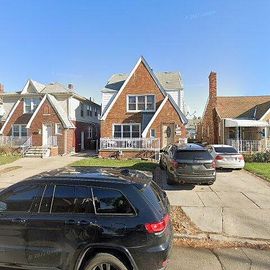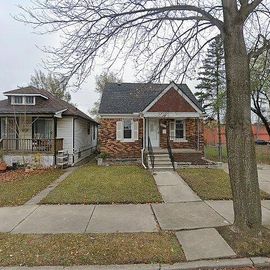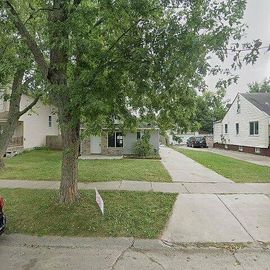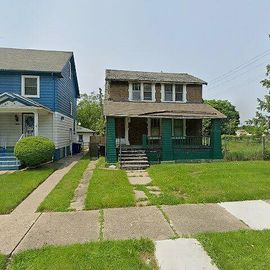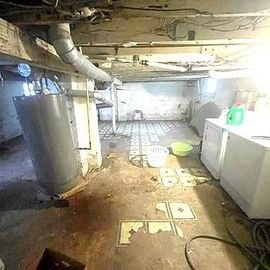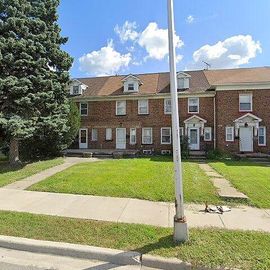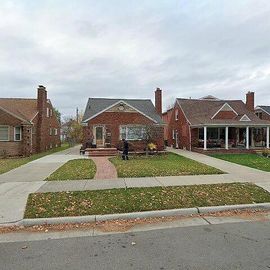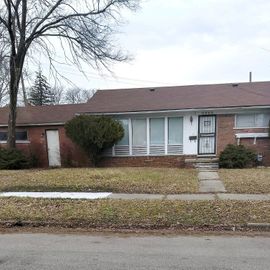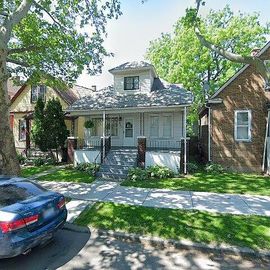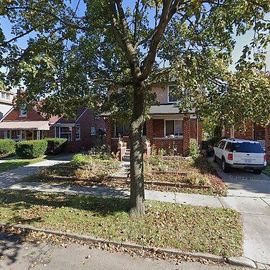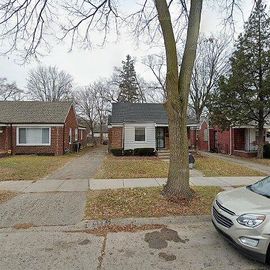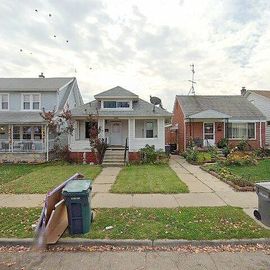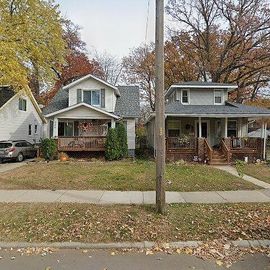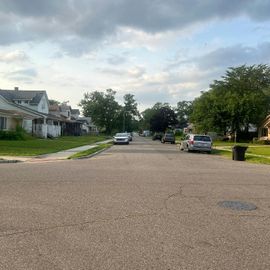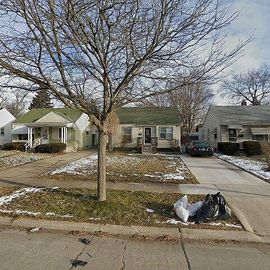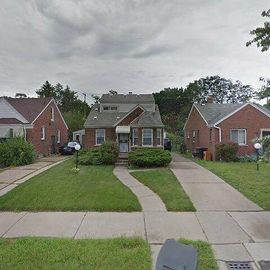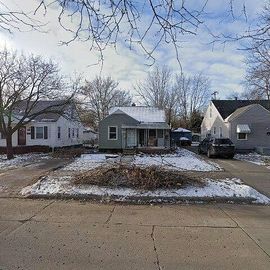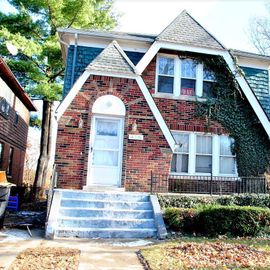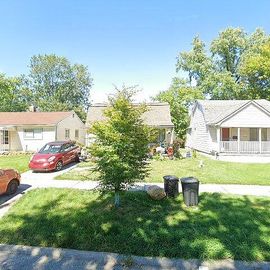Detroit, MI HUD Homes for Sale
Detroit is the largest and most populated city in the state of Michigan. The city is the county seat of Wayne County and is located on the United States-Canada border. Its location on next to the Canadian border makes it an important transportation hub. Detroit has many nicknames, most notably 'Motor city' and 'Motown'. The city is home to several institutions of higher learning, including Wayne State University, the University of Detroit Mercy, and the University of Detroit Mercy School of Law. It is one of few cities in the country to have professional teams representing all four major sports in North America; the Detroit Lions (National Football League), Detroit Tigers (Major League Baseball), Detroit Pistons (National Basketball Association), and the Detroit Red Wings (National Hockey League).
For a city like Detroit, with its 672,351 residents, HUD homes are an increasingly viable option for those trying to move into a new home but may be feeling squeezed out of the current housing market. HUD homes are owned by the US Department of Housing and Urban Development and present a greater range of financing options than traditional homebuying paths. With a median household income of $32,498 and a median home value of $52,700, HUD homes in Detroit aren't just a way to get into a housing market that is already experiencing shortages, they may just be the ideal way for you. To learn more about our current HUD homes in Detroit, MI, register today! The perfect home could be waiting for you.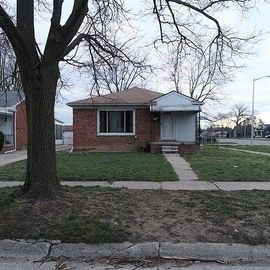
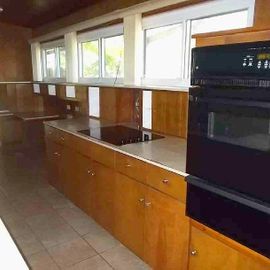
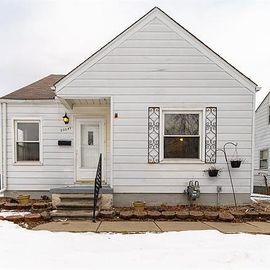
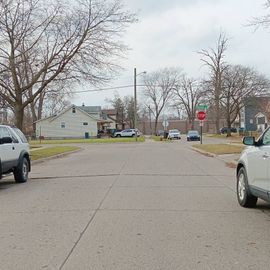
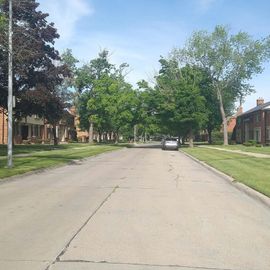
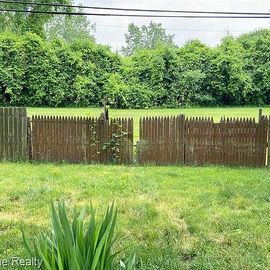
More Detroit, MI Property Resources
HUD Homes in Cities Near Detroit, MI
- Allen Park
- Auburn Hills
- Beverly Hills
- Birmingham
- Canton
- Center Line
- Clarkston
- Clawson
- Clinton Township
- Dearborn
- Dearborn Heights
- Eastpointe
- Ecorse
- Farmington Hills
- Ferndale
- Gibraltar
- Grosse Ile
- Grosse Pointe Park
- Grosse Pointe Woods
- Huntington Woods
- Keego Harbor
- Lake Angelus
- Lathrup Village
- Livonia
- Macomb
- Melvindale
- Novi
- Oakland
- Orchard Lake Village
- Pleasant Ridge
- Plymouth
- Pontiac
- Redford
- River Rouge
- Riverview
- Rochester
- Rochester Hills
- Romeo
- Roseville
- Royal Oak
- Southfield
- St. Clair Shores
- Sylvan Lake
- Taylor
- Troy
- Village of Grosse Pointe Shores
- Warren
- Waterford
- Westland
- Woodhaven
Neighborhoods in Detroit, MI
Osborn hud homes for sale Palmer Park hud homes for sale Rosa Parks hud homes for sale Denby hud homes for sale Mackenzie hud homes for sale Chene hud homes for sale Jeffries hud homes for sale Pembroke hud homes for sale University hud homes for sale Harmony Village hud homes for saleBuying a Home in Detroit, MI
Discover and understand more about what you can expect for Detroit, MI in terms of weather, education levels, income levels and more to get a better feel for the city.
Current Detroit population
Detroit, MI currently has a population of 672,351 which means it is a large city with lots to do for every size family and household. Take advantage of the wide variety of restaurants, sites and variety of outside activities for families of all sizes.
Typical Rent Asked in Detroit, MI
Median Home Price in Detroit, MI
Households by Income in Detroit, MI
Top Reasons to Buy a HUD Home in Detroit
Detroit Housing statistics According to US News the average cost to buy a home in Detroit is approximately $158,000, which is well below the national average. The population is slowly growing, with more people migrating to the city. Many people are moving into the city center of Detroit, enticed by affordable homes and niche neighborhoods. The cost to buy a home has increased slightly over the recent years and is anticipated to continue to slowly increase. For those that are looking to rent instead of buy a home, the rent is below the average when compared to other large cities in the country. Daily expenses, such as groceries and utilities, are on par with the national average.
Living in Detroit Detroit's oldest neighborhood Corktown is an Irish turned hipster haven with many bars and dive bar hangouts. The area is listed on the National Register of Historic Places. The District's main attraction is Little Ceasars Arena, home to the Detroit Red Wings, Detroit Pistons, other sports and entertainment events, concerts, family shows, and community functions. The Eastern Market on Saturdays is full of fruit, vegetables, flower, food, and more. The market is one of the country's oldest farmers markets.
The Entertainment District is located in the downtown area and is a hub of activity with theaters, music venues, and two of downtown's professional sports facilities, Comerica Park and Ford Field. Midtown is home to Wayne State University, Shinola, and the major cultural institutions. Unique art galleries and markets, quirky independent retail shops, clubs, and some of the best restaurants in the city are located in this neighborhood. The Detroit International RiverWalk is located in Rivertown, it connects bars, restaurants, an amphitheater, and other public amenities. Detroit has a diverse collection of restaurants and waterholes, everything from gastro pubs and distilleries to French bistros and burger bars. The nightlife in Detroit offers lice jazz clubs, salsa dancing, bars that mix socializing and sports, houses of comedy, and casinos with club DJs.
Detroit Transportation and Commutes Almost all working Detroit residents commute by driving alone. The city has an extensive toll-free network of freeways. In downtown Detroit, residents can use the People Mover which is an elevated tram system. The Detroit Department of Transportation (DDOT) provides bus service within city limits. Amtrak provides service to Detroit, operating its Wolverine between Chicago and Pontiac. Detroit Metropolitan Wayne County Airport (DTW) is a major international airport with flights to both domestic and international destinations. The airport is one of the most important hubs in the country.
Detroit and its neighboring Canadian city Windsor are connected through the Detroit-Windsor Tunnel, Michigan Central Railway Tunnel, and the Ambassador Bridge. The proximity to Canada and the city's facilities, ports, major highways, rail connections, and international airports, make Detroit an important transportation hub.

